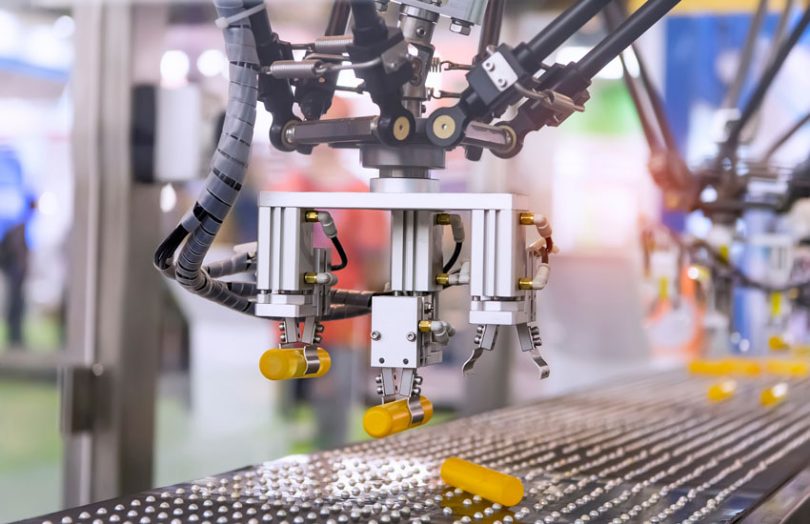Next Spring, Japanese manufacturing companies will begin to share data using blockchain. Participants include Mitsubishi Electronics, Hitachi, tools maker DMG MORI and manufacturing robotics companies FANUC and Yaskawa Electric. The project is supported by Japan’s Ministry of Economy Trade and Industry (METI).
Today the Nikkei Asian Review reported that by sharing their data, 100 manufacturers hope to enhance competitiveness and the quality of production. The project isn’t purely a blockchain application. But blockchain technology will be used to enable companies to share the data and ensure it hasn’t been tampered with.
The Industrial Value Chain Initiative (IVI) is supervising the project. In 2015 the IVI was set up by METI and the Japan Society of Mechanical Engineers aiming to foster collaboration between its members. Indeed, its goal is to improve how information is shared along the supply chain. The IVI also published a paper outlining how to implement data-sharing between the companies. Before data can be shared via a blockchain, it’s critical to establish standards.
This isn’t just a matter of sharing data about the products themselves but also sharing how the manufacturing equipment is functioning with equipment suppliers. Additionally, it will include quality inspection information and product designs.
This follows a broader trend of companies using industry 4.0 technologies to increase supply chain transparency. With supply chains becoming increasingly interlinked, the World Economic Forum states that data sharing increases their efficiency by allowing participants to coordinate their actions better. Blockchain, as an industry 4.0 technology, plays its part by enabling data to be shared securely.
There are already existing examples of company organizations using industry 4.0 technologies to increase overall production efficiency and quality. Two examples are the US’s Industrial Internet Consortium and Germany’s Plattform Industry 4.0. The latter is especially keen to encourage SME’s to join the sharing of data.
This is also the case for the Japanese project. The hope is that smaller companies with less capital to invest will benefit from data sharing with larger corporations, thus boosting the wider manufacturing industry in Japan.
There are numerous blockchain experiments in the manufacturing sector. GE Research is exploring transmitting 3D designs using blockchain to ensure the design is not altered in transit. Another part of GE, this time GE Ventures has backed Xage to use blockchain to secure industrial installations. And in Germany, startup Next Big Thing is exploring the combination of IoT and blockchain for manufacturing.






